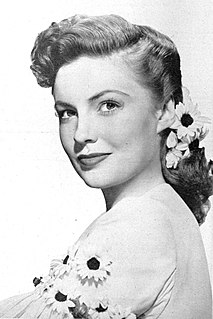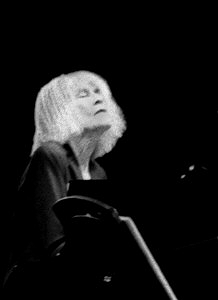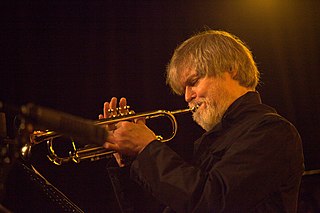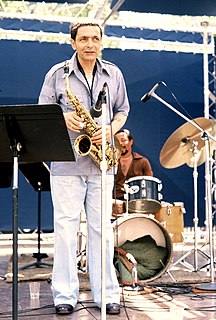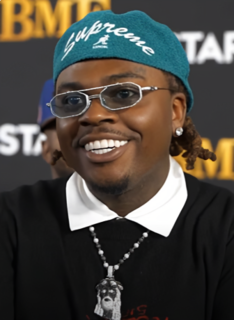A Quote by Joan Leslie
On the set you just have to listen very closely, listen to everyone around you, absorb everything and try to be what they want you to be with the little bitty line that you'd have to say. If it was a good line, it would be such fun to say it with vigor.
Related Quotes
There are all sorts of theories and ideas about what constitutes a good opening line. It's tricky thing, and tough to talk about because I don't think conceptually while I work on a first draft -- I just write. To get scientific about it is a little like trying to catch moonbeams in a jar. But there's one thing I'm sure about. An opening line should invite the reader to begin the story. It should say: Listen. Come in here. You want to know about this.
Some people demand a five-line capsule summary. Something you'd read in a magazine. They want you to say, 'This is the story of the duality of man and the duplicity of governments.' I hear people try to do it -- give the five-line summary -- but if a film has any substance or subtlety, whatever you say is never complete, it's usually wrong, and it's necessarily simplistic: truth is too multifaceted to be contained in a five-line summary. If the work is good, what you say about it is usually irrelevant.
Jean-Luc didn't like me to say any bad words in real life, and I would always do it on purpose, just for fun. And he would go crazy! Then he had Brigitte Bardot do just that in 'Contempt.' And in that film she also has this line - 'I want red velvet curtains, or nothing at all in the apartment' - which was something I would always say.
But most of all, I like to watch people. Sometimes I ride the subway all day and look at them and listen to them. I just want to figure out who they are and what they want and where they are going. Sometimes I even go to Fun parks and ride in the jet cars when they race on the edge of town at midnight and the police don't care as long as they're insured. As long as everyone has ten thousand insurance everyone's happy. Sometimes I sneak around and listen in subways. Or I listen at soda fountains, and do you know what? People don't talk about anything.
When I began to listen to poetry, it's when I began to listen to the stones, and I began to listen to what the clouds had to say, and I began to listen to others. And I think, most importantly for all of us, then you begin to learn to listen to the soul, the soul of yourself in here, which is also the soul of everyone else.
The way so many musicians slavishly imitated Coltrane, that's the way it was with Charlie Parker - only even more so, if that can be imagined. Everyone that I knew changed totally. But they took the worst things of his playing-that harsh sound; it just didn't come off the way they did it. The way he did it was great, Their way wasn't good at all. I just would listen to 'em, say: 'That's a Bird imitator', and that would be it; I would never care to listen to them again.
After a couple of rehearsals and a couple of takes, Sydney Pollack says, "Come here. Why are you not nervous?" And I [say], "Do you think it would be better if I was nervous?" And he says, "No, it's just I can't understand it - how you would be first time on a set, you're acting, when he flubs his line you make up a new line. It's very interesting." It's not that I think I'm great; that's what I knew I wanted to do.
As a writer, you're always trying to say the best thing. You're always thinking about what's the best thing to say, and what's the hardest way to say it, and what's the best line? Sometimes the best line is the simplest line. Sometimes the best line is the line that evokes more feeling than actual wordsmithing.
I got my own sound in Atlanta because I don't listen to anybody's music. When you listen to people's music, you start to say stuff they say as an artist because that's what you've been listening to. Me, I don't listen to anybody. I support, but I don't listen, because I don't want to run with someone style. I do my own thing.
